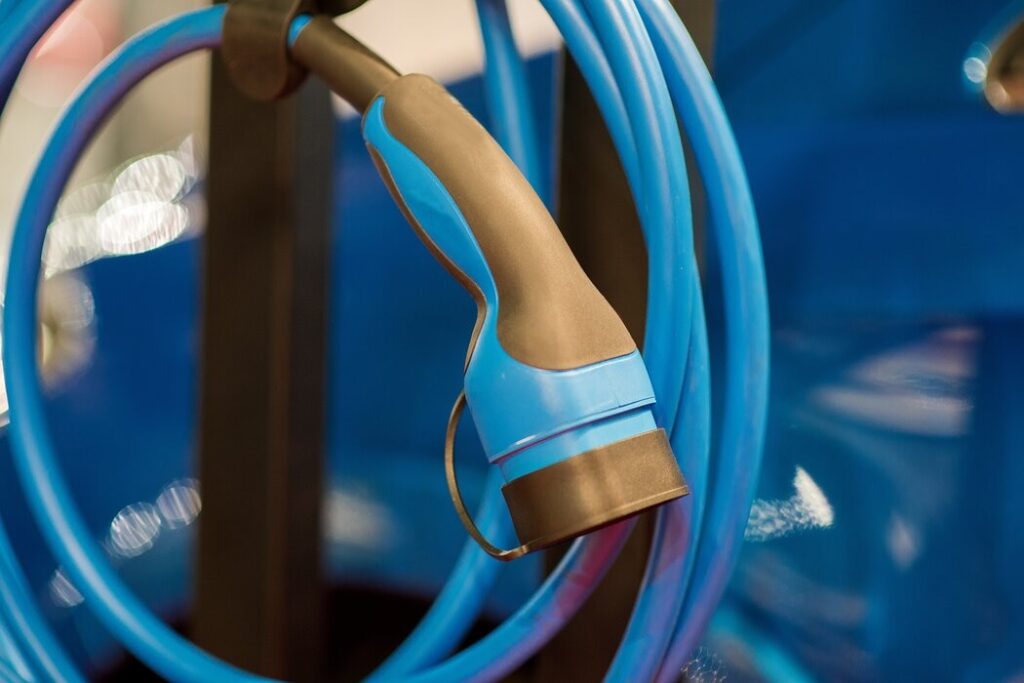Many investors’ concern about Rivian is becoming a reality.
For months, the automaker’s inability to ramp up production owing to supply chain issues has fuelled concerns that the Irvine, Calif.-based company may need to raise cash.
Rivian disclosed a decrease in their cash position on February 28th, confirming these fears. Rivian (RIVN) had $12.1 billion in cash and cash equivalents at the end of December, down from $13.8 billion at the end of the third quarter and $15.5 billion as of June 30.
Net cash utilized to fund operations was $1.45 billion in the fourth quarter of 2022, up from $1.1 billion in the same time in 2021. The corporation burned $5.05 billion in 2022, nearly double the $2.62 billion it consumed the previous year.
The question is whether Rivian will need to acquire further funding to fund its operations and expansion by the end of the year, as the manufacturer is building a second facility in Eastern Georgia and wants to begin production of a smaller, more inexpensive vehicle, the R2 series, in 2026.
CEO RJ Scaringe was less than encouraging when he stated that the company, which manufactures the R1S SUV, R1T pickup truck, and EDV van at its Normal, Ill., facility, may be experiencing a demand problem.
Rivian is looking to raise an additional $1.3 billion.
“Clearly, what we’re seeing in the macro and in terms of interest rates is… across the industry, having an effective reducing overall demand,” Scaringe said on the fourth-quarter results call.
Rivian discontinued its practice of providing a quarterly report on its preorder book. The group had 114,000 orders at the end of November. According to the corporation, it has a “net preorder backlog that runs beyond 2024.“
When Lucid, another EV upstart, plainly announced a few days earlier that it was seeing a decline in demand for its luxury electric automobiles, investors had more or less anticipated this problem. Lucid (LCID) had also stopped providing an order book update.
The demand for the two EV manufacturers’ automobiles stems from the fact that Tesla (TSLA), its elder and main competitor, has initiated a pricing war by substantially cutting the costs of its vehicles. Ford (F) and Chinese automakers followed Elon Musk’s group.
Clients may look elsewhere
These decisions have driven people to look for deals, while some choose to wait until the economy improves before purchasing a new vehicle.
Eventually, investors’ concerns are being realized, as Rivian has launched a $1.3 billion bond offering. According to a press statement, the company plans to sell convertible notes, or bonds that can be repaid with cash, stock, or a combination of the two.
According to a March 6 release, investors who purchase these notes would also have the option to purchase additional notes worth up to $200 million.
Because these notes are classified as “green bonds,” Rivian hopes to attract institutional investors that wish to lower their carbon footprint or promote sustainable development. This suggests that the rate of return on investment is low.
The stock is in free fall.
The group, however, did not provide any information on the offer’s parameters, including the interest rate. The maturity date is March 2029.
The funds raised will be used to fund Rivian’s operations, primarily the construction of its low-cost car, which is scheduled to launch in 2026.
“Rivian intends to use the net proceeds from the offering to finance, refinance, or make direct investments, in whole or in part, in one or more new or recently completed (within the 24 months preceding the issue date of the notes), current and/or future eligible green projects,” the green carmaker said.
According to the firm, these projects include investments in clean mobility, renewable energy, energy efficiency, and pollution prevention and control.
Rivian shares fell 14.54% to $14.64 on March 7 as a result of the developments. This cold shower appears to have irritated investors. Last year, the stock dropped 82.2%, resulting in a $75.3 billion loss.
For More Stock Trading and Educational Content, Click Here.





